Chulalongkorn combats cancer in lab animals with plant-based antibody
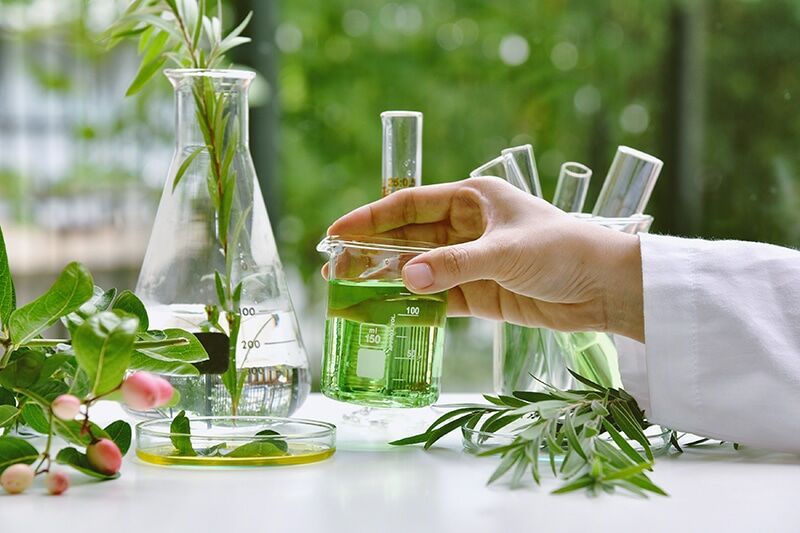
For the first time in Thailand, lecturers at Chulalongkorn University’s Faculty of Pharmaceutical Sciences have successfully developed antibody from tobacco plants with inhibitory effects on the growth of cancer cells in laboratory animals. This signals hope for access to effective cancer medication and treatment at a lower cost.
From world-class success in producing a COVID-19 vaccine from tobacco plants, today researchers from Baiya Phytopharm Co., Ltd., a Thai company under Chulalongkorn University, have reached another milestone in the research and development of antibody drugs from tobacco plants, which have been found to reduce the size and inhibit the growth of cancer cells in laboratory animals.

“Our research team has developed the technology and system to produce plant proteins to make antibody drugs, with the hope to help reduce the cost of drug production so that cancer patients in the country can access drugs more easily and widely,” Assoc. Prof. Dr. Waranyoo Phoolcharoen of Department of Pharmacognosy and Pharmaceutical Botany, Faculty of Pharmaceutical Sciences, Chulalongkorn University, spoke of the objectives of conducting biopharmaceutical research for cancer immunotherapy treatment.
The potential of this research has recently been recognized by a 2023 research award from the National Research Council of Thailand (NRCT).
Origin of the production of antibody drugs from tobacco plants
Assoc. Prof. Dr. Waranyoo explains immunotherapy for cancer: “Cancer is caused by cancer cells binding to cells in the immune system and blocking the functioning of cells in the body. The commonly known chemotherapy uses drugs to kill cancer cells in the body. For immunotherapy or cell therapy, however, the aim is not to destroy cancer cells, but stimulate the immune cells in the patient’s immune system to strengthen, thus blocking cancer cells from binding to cells in the immune system and allowing the system to handle cancer cells by itself.”
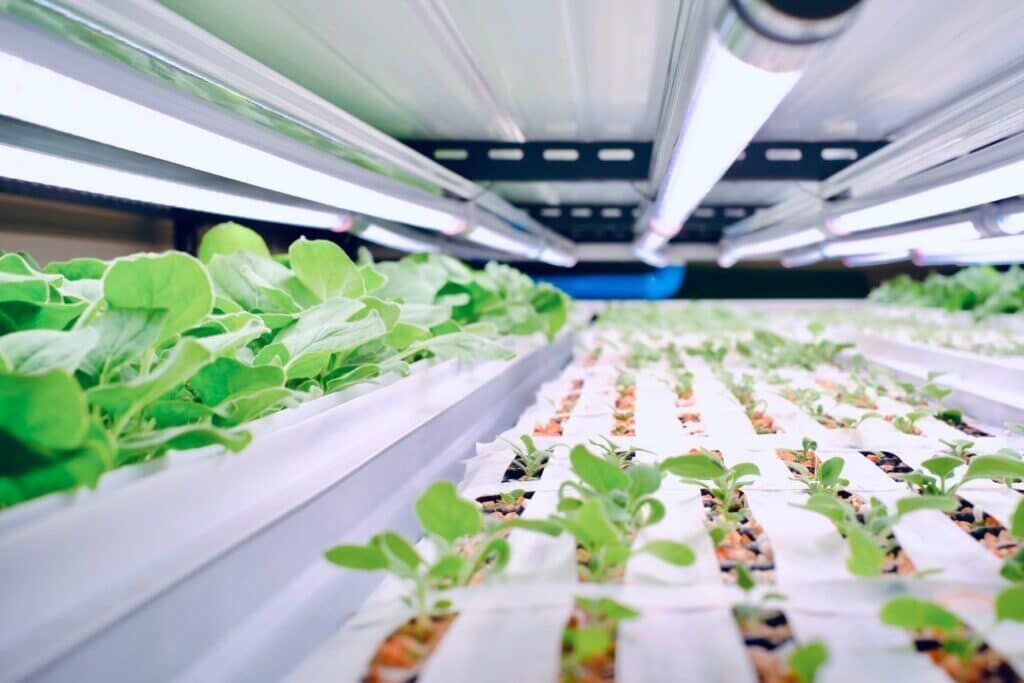
Immunotherapy is becoming more and more popular, but the antibody drugs it utilizes are very expensive.“ The production process still depends on foreign technology. The equipment and culture media used in cell culture and the expansion of the production scale with cell culture techniques contribute to high production costs, making the medicines accordingly expensive.”
A research team led by Assoc. Prof. Dr. Waranyoo focuses on the production of antibody drugs using local technology to reduce costs and allow more patients to have access to medication.
Tobacco plants: Plants for immunotherapy drugs
With support from CU Enterprise, Assoc. Prof. Dr. Waranyoo oversees the Research Unit for Plant-produced Pharmaceuticals works toward the development and production of recombinant proteins, secondary metabolites, and plant viruses through plant biotechnology, using plants such as tobacco as hosts to produce drugs and vaccines.
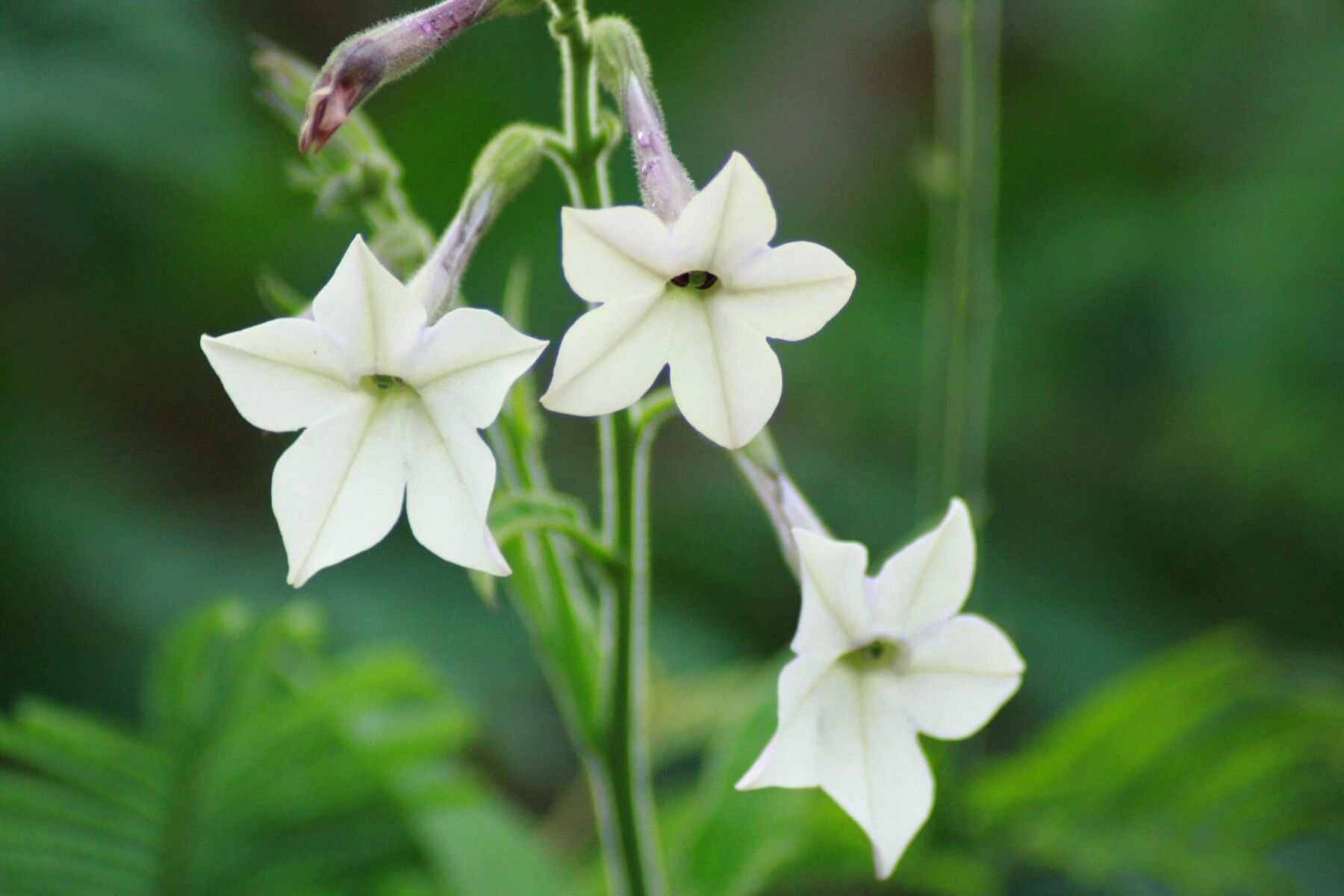
The tobacco used is an Australian species called Nicotiana benthamiana. Assoc. Prof. Dr. Waranyoo argued that bacterium could enter the plant easily and the strain could produce large amounts of the drugs needed.
“We use plants as factories to produce the proteins we need. We insert antibody–producing genes into tobacco plants in order for the tobacco plants to produce the antibodies (drugs) we need. The extracted protein (antibody) is then purified. We found that the antibodies produced by the plants can bind to proteins on the surface of immune cells.”
Assoc. Prof. Dr. Waranyoo referred to the research results in laboratory animals, “The antibodies that the research team produced from plants can inhibit the growth of cancer cells in 4 laboratory animals. The size of the tumor cells in mice decreased. This ability to make cells shrink in size is comparable to that of the drugs used in the market.”
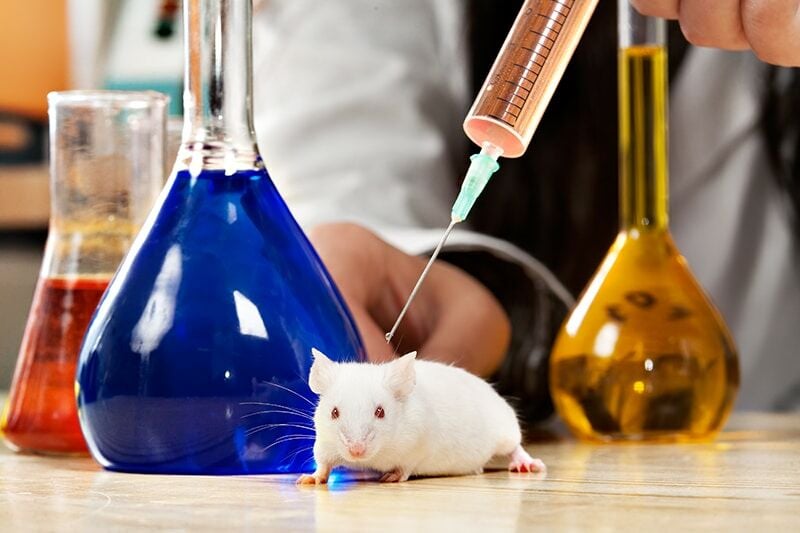
Said research results were first published on October 23, 2020, in the journal Scientific Reports.
Producing drugs from plants: Medicinal and treatment stability by Thai people for Thai people
The next steps of the research, Assoc. Prof. Dr. Waranyoo mentioned testing for safety and toxicity and studying the structure of the drug. All data must be submitted to the Food and Drug Administration (FDA) before receiving approval for testing in humans.
“If this research is successful, we will be able to produce our own medicines locally, reducing the cost of drug production and lowering medicinal expenses. More people will then have access to cancer medicines.”
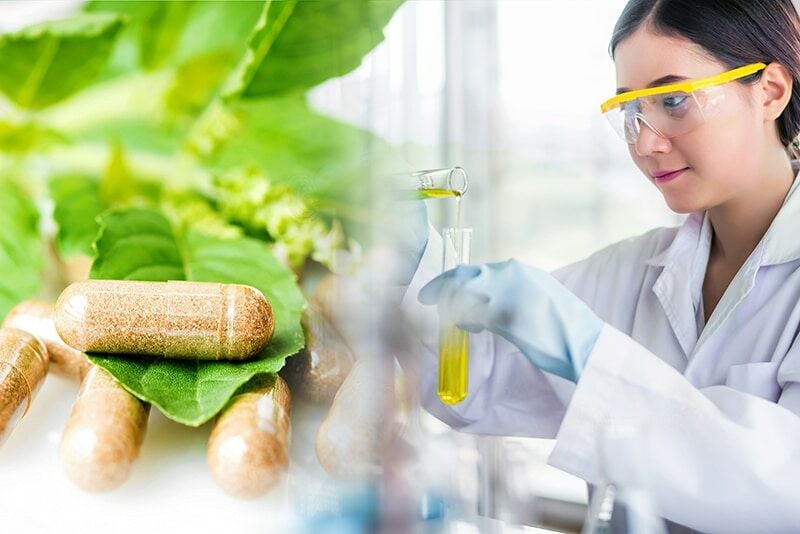
Apart from cancer, the technology to produce antibodies from plant proteins can also be used to develop drugs or vaccines for many other diseases. Researchers are currently studying the treatment and prevention of diseases that are particularly problematic in developing countries, such as rabies. HFMD, Ebola, Nipah, etc.
Assoc. Prof. Dr. Waranyoo emphasises that the ultimate goal in trying to innovate and develop medicine is to build strength and stability in medicine and medical treatment for Thai people. Thai researchers have the potential and technology to develop competitive drugs to achieve this goal.
Press Release
Latest Thailand News
Follow The Thaiger on Google News:


























